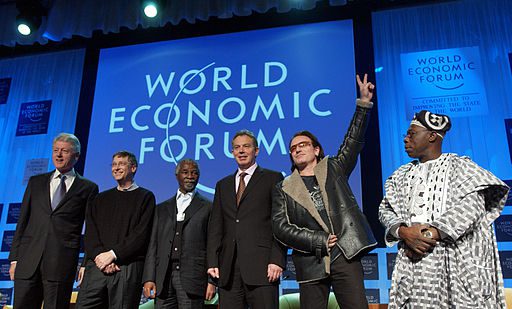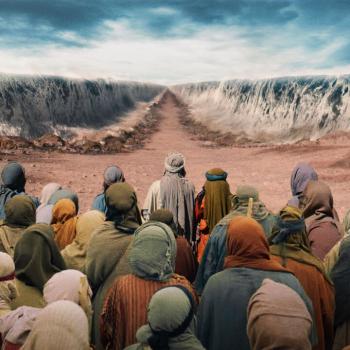 Danish politician Ida Auken has written a provocative essay entitled Welcome to 2030. I own nothing, have no privacy, and life has never been better. She envisions a time when property is replaced by services, when technology provides for our every need, individual privacy gives way to the needs of the group, and government takes complete care of us.
Danish politician Ida Auken has written a provocative essay entitled Welcome to 2030. I own nothing, have no privacy, and life has never been better. She envisions a time when property is replaced by services, when technology provides for our every need, individual privacy gives way to the needs of the group, and government takes complete care of us.
From Ida Auken, Welcome to 2030. I own nothing, have no privacy, and life has never been better | World Economic Forum:
Welcome to the year 2030. Welcome to my city – or should I say, “our city”. I don’t own anything. I don’t own a car. I don’t own a house. I don’t own any appliances or any clothes.
It might seem odd to you, but it makes perfect sense for us in this city. Everything you considered a product, has now become a service. We have access to transportation, accommodation, food and all the things we need in our daily lives. One by one all these things became free, so it ended up not making sense for us to own much.
First communication became digitized and free to everyone. Then, when clean energy became free, things started to move quickly. Transportation dropped dramatically in price. It made no sense for us to own cars anymore, because we could call a driverless vehicle or a flying car for longer journeys within minutes. We started transporting ourselves in a much more organized and coordinated way when public transport became easier, quicker and more convenient than the car. Now I can hardly believe that we accepted congestion and traffic jams, not to mention the air pollution from combustion engines. What were we thinking? . . .
Shopping? I can’t really remember what that is. For most of us, it has been turned into choosing things to use. Sometimes I find this fun, and sometimes I just want the algorithm to do it for me. It knows my taste better than I do by now.
When AI and robots took over so much of our work, we suddenly had time to eat well, sleep well and spend time with other people. The concept of rush hour makes no sense anymore, since the work that we do can be done at any time. I don’t really know if I would call it work anymore. It is more like thinking-time, creation-time and development-time. . . .
Once in awhile I get annoyed about the fact that I have no real privacy. No where I can go and not be registered. I know that, somewhere, everything I do, think and dream of is recorded. I just hope that nobody will use it against me.
All in all, it is a good life. Much better than the path we were on, where it became so clear that we could not continue with the same model of growth. We had all these terrible things happening: lifestyle diseases, climate change, the refugee crisis, environmental degradation, completely congested cities, water pollution, air pollution, social unrest and unemployment. We lost way too many people before we realised that we could do things differently.
I can anticipate two questions from Christian readers: (1) This sounds like a religious order. What’s wrong with that? (2) Isn’t Heaven going to be like this?
What is the difference?
HT: Rev. John Frahm
Photo by World Economic Forum [GFDL (http://www.gnu.org/copyleft/fdl.html), CC-BY-SA-3.0 (http://creativecommons.org/licenses/by-sa/3.0/) or CC BY 2.5 (http://creativecommons.org/licenses/by/2.5)], via Wikimedia Commons
















